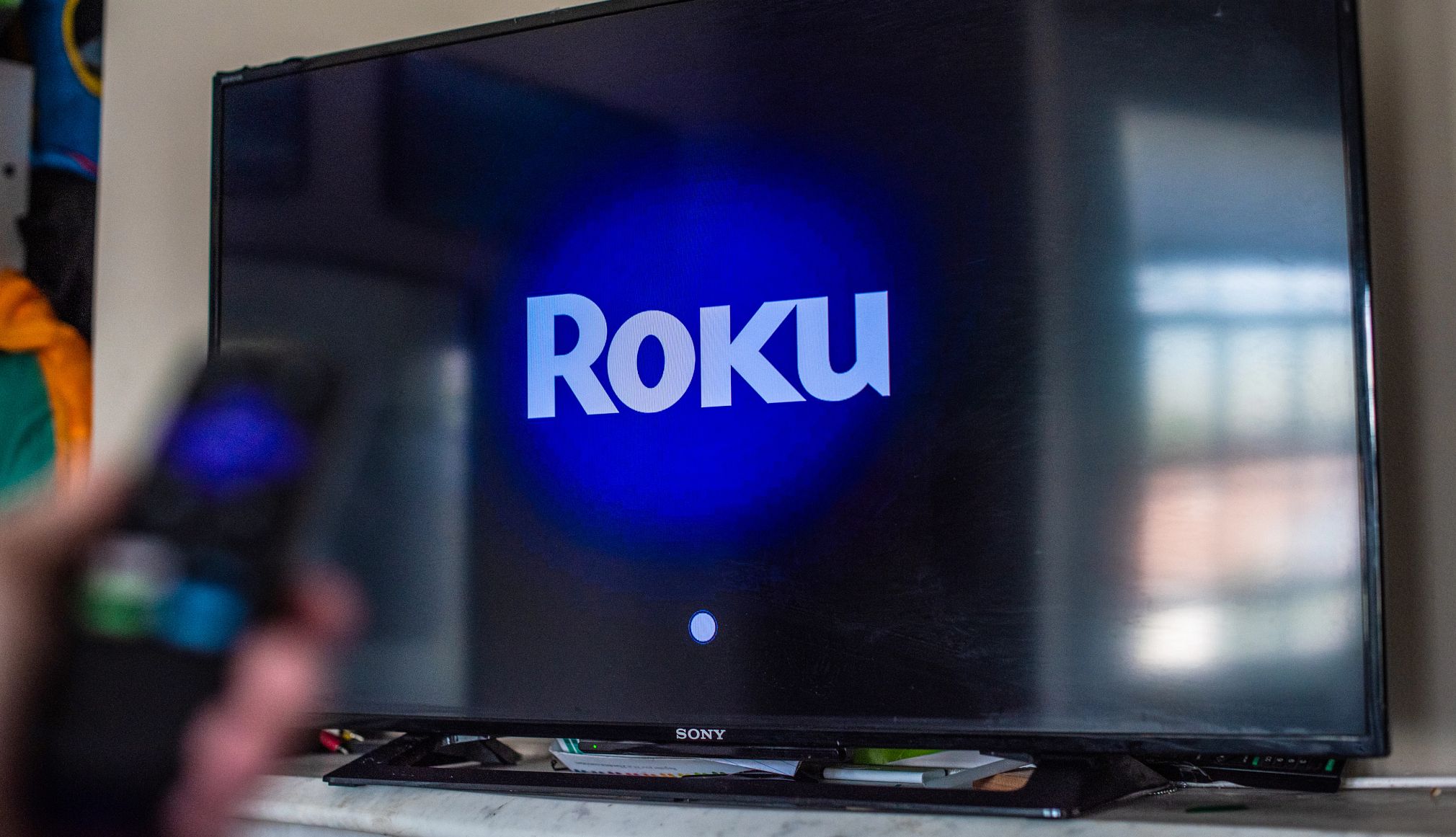AARP Hearing Center


In this story
591,000 records stolen • Don’t reuse passwords • Account passwords reset • What to do
TV streaming giant Roku disclosed April 12 that around 576,000 additional customers' accounts had been hacked, just about a month after it said more than 15,000 users' data had been compromised.
Last year, Roku said adults 50 and older were watching 40 percent of its total minutes streamed as of May 2022, and that age group was growing faster than any other.
During the initial breach, stolen credit card data was used to purchase streaming subscriptions in some cases and stolen account records were sold for as little as 50 cents each, according to the online information security and technology news site BleepingComputer. Roku notified the California Department of Justice on March 8, saying the data breach occurred between Dec. 28 and Feb. 21.
In the latest incident, “there is no indiction that Roku was the source of the account credentials used in these attacks or that Roku’s systems were compromised in either incident,” the company said.
Are you using unique passwords? Hackers will check
The bad guys unleashed what security pros refer to as a “credential stuffing” attack in which they use stolen usernames and passwords from one platform to try to log into accounts elsewhere. The attack can be effective since many consumers reuse the same or similar login credentials across multiple services, considered a security no-no.
The San Jose company is a leading name among cord cutters, who use Roku-branded televisions or plug-in streaming devices to connect to Amazon Prime, Apple TV+, Hulu, Netflix and all the popular streaming services. Roku also operates its own channel with free TV shows and movies.
Just this week, Roku announced a new lineup of Pro Series televisions and a new backlit remote control so customers can use it in the dark.





































































More From AARP
New Tech Tools Protect Consumers From Identity Fraud
Emerging fraud-fighting technologies make it easier to separate impostors from actual customers
The Latest on Ransomware Attack Affecting U.S. Health Care System
UnitedHealth Group says it’s making progress in ending the widespread disruptions caused by the hack of tech company
23andMe Data Breach Raises Questions About DNA Tests
Before tracing your roots or sharing data, ask yourself this
Data Breach Exposes Data on 600,000-plus Medicare Beneficiaries
Cyberhack goes well beyond Medicare
Recommended for You